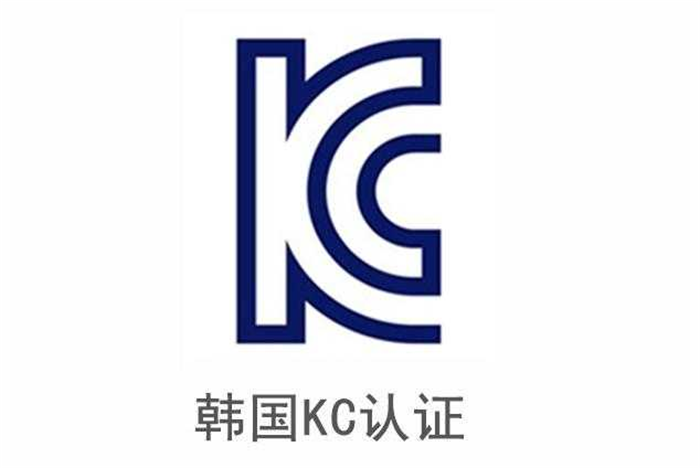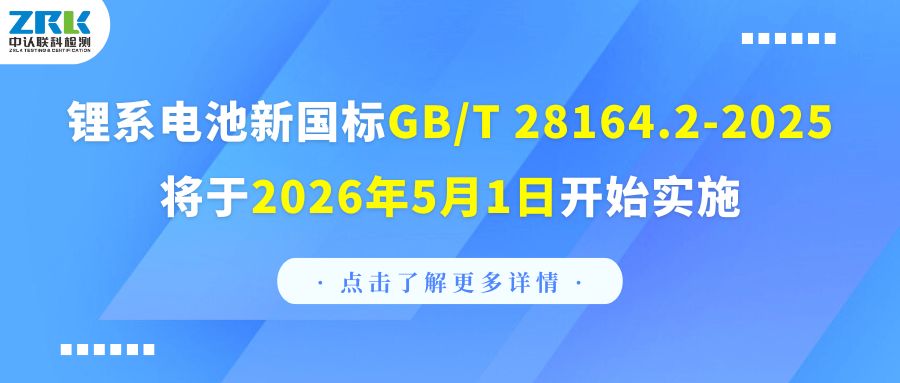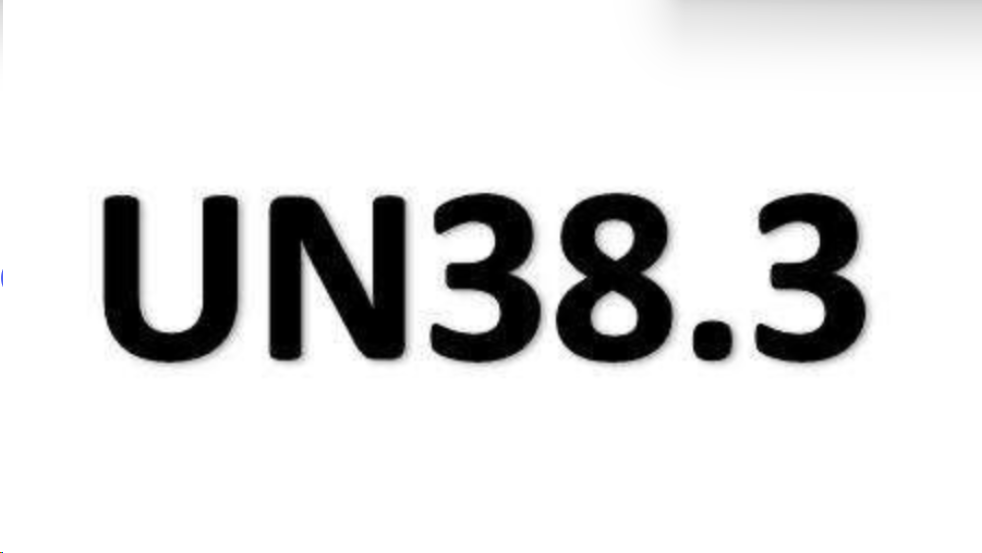For small desktop fans to enter the South Korean market, the KC certification of batteries is an unavoidable threshold. As a mandatory safety certification system in South Korea, KC certification is based on the Electrical Appliance Safety Management Act, ensuring that batteries comply with South Korean national standards in terms of safety, environmental protection, and electromagnetic compatibility. It can be regarded as the "entry ticket" for products to enter the market legally.
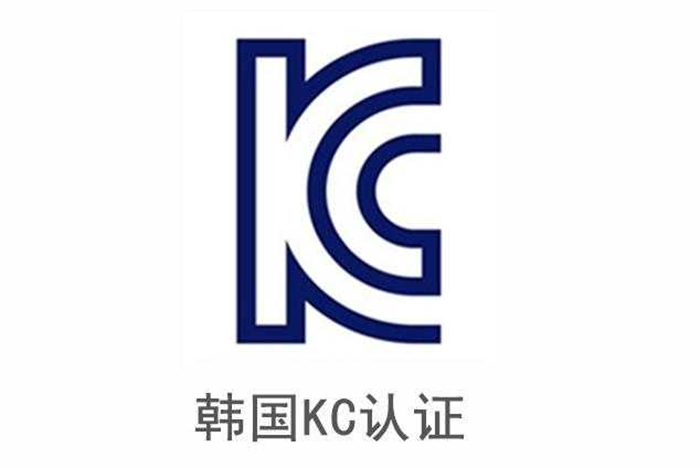
The core of battery KC certification is the safety testing stage, which requires the completion of basic safety verification in accordance with the K 62133 standard. Fans with wireless functions also need to pass the radio wave certification additionally. Moreover, South Korea has stricter requirements for fan noise than China, which is also a key focus of the certification.
The certification process consists of four steps: First, confirm the product category and select an authorized institution such as KTL; Submit the application form, circuit diagram, component list and other materials; Send 2 to 3 samples to complete the test; After passing, the factory still needs to audit the quality management system. The validity period of the certificate is 5 years, but it needs to undergo follow-up review every year. Enterprises can first apply for CB certification and then transfer to KC, avoiding the trouble of sending samples to South Korea and shortening the cycle.
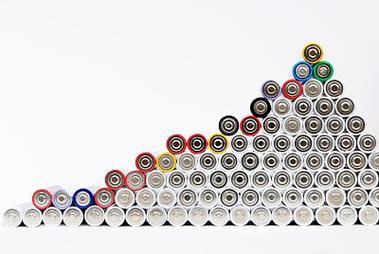
The new regulations in 2025 have strengthened environmental protection requirements. The heavy metal content of batteries must comply with the RoHS standard. The label must be marked with the certification mark, capacity and other information in Korean, and the font height must be no less than 2.5mm. For consumers, products with the KC mark mean they have undergone more comprehensive safety verification. For enterprises, planning tests in advance can reduce the risk of rectification. After all, a failed test may delay the market entry opportunity for several months.


![[Holiday Notice] ZRLK 2026 Chinese New Year Holiday Schedule](/uploads/image/202602/698559be66d97.jpg)
